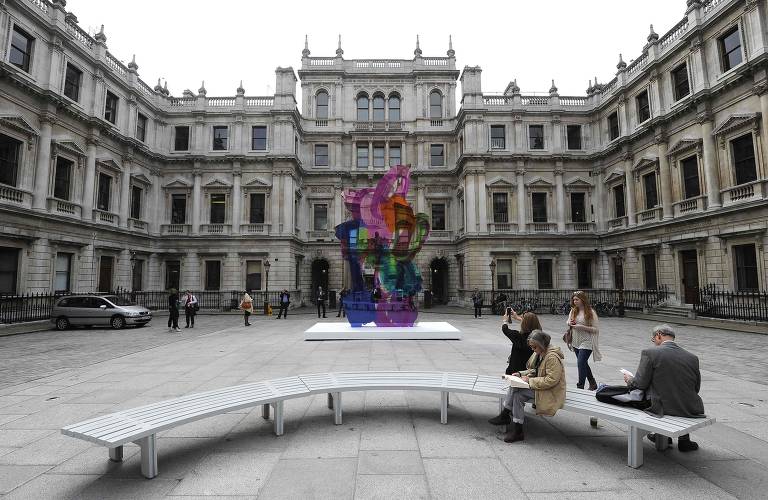The guitar played in Brazil has created a unique language, permeating the popular and erudite repertoires. Long before bossa nova, Heitor Villa-Lobos already envisioned a great nation composing for the instrument.
More associated with the popular classes, the guitar found many great players during the 20th century. The erudite repertoire is still not as scrutinized as the popular one, but two of the greatest classical guitarists of today are Brazilians.
Fábio Zanon, 56 years old, and Plínio Fernandes, 28 years old, were students at the Royal Academy, London's prestigious music school. The second oldest music conservatory in the world will hold auditions for the first time in Brazil, at the São Paulo State Music School, Emesp.
Born in Jundiaí, in the countryside of São Paulo, Zanon is the most important acoustic guitarist in Brazil. In 1990, he studied at the school and, since 2009, he has been a visiting professor, going to London every three months. In classes, the musician is in charge of polishing the needs of each student. As the Latin American repertoire is vast, he says that his help ends up being welcome to the students.
Winner of the Francisco Tárrega award in Spain, Zanon has performed at the Berlin Philharmonic and at the Tchaikovsky Hall in Moscow. It was he himself who encouraged Fernandes to join the Royal Academy a decade ago. In the 2010s, Zanon gave lessons to the young musician and advised him to go study abroad, first to get a bachelor's degree, then to get a master's degree.
Translated by Cassy Dias
